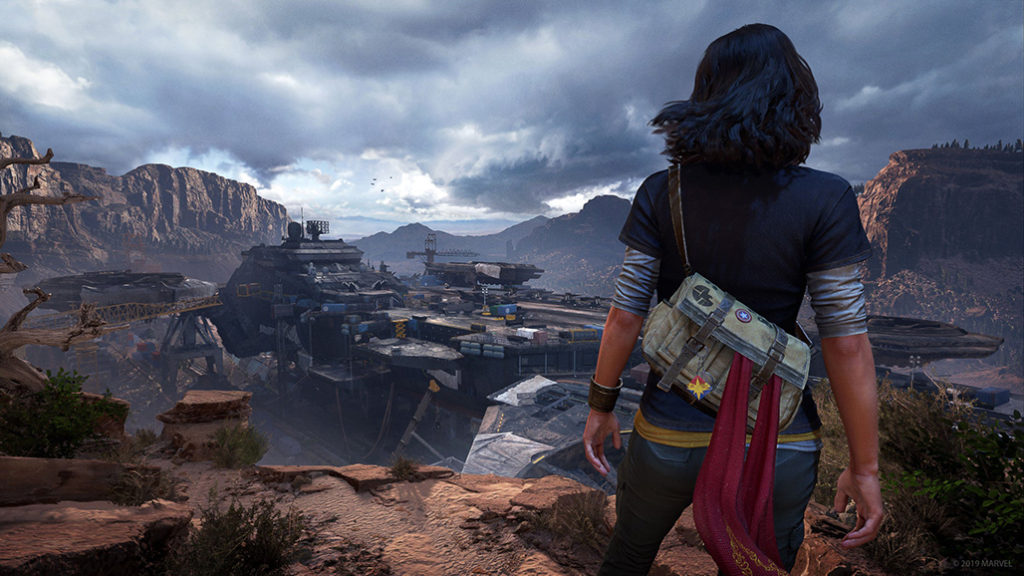
Marvel’s Avengers: Holding Out For a Hero
Marvel’s Avengers is not a good game, something that is nearly universally agreed on as its player counts become a recurring joke online. Why can’t I stop thinking about it then? I think about this game more than the multiple games I played this year that I liked, nearly obsessively.
Normally, this isn’t a problem – I have no trouble dropping a game that doesn’t keep me interested and moving on. Life is too short and video games are too expensive to do otherwise. Avengers is different. This obsession isn’t even just contained to my ridiculous brain because I bought my own brother a copy too, explicitly because he was the only one I could force the game on without the consequence of never being spoken to again.
All of this is because Avengers makes me so goddamn mad.
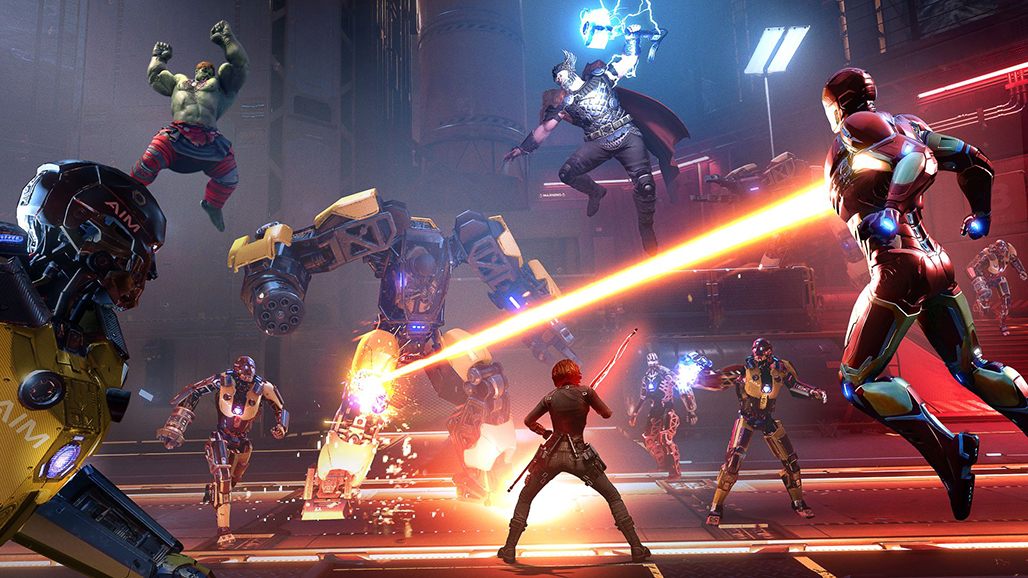
I wish this was because Avengers is a technical mess – though it is, believe me – but it’s because the story completely fails the audience in a way you usually have to pick up a Marvel comic to find. Marvel’s Avengers presents a version of the iconic cast at what is supposed to be their worst: these Avengers have completely sold out. The game’s story kicks off in a convention the Avengers are throwing in their own honor, complete with fanfiction contests, photo-ops, even a Disney Store lookalike merchandise shop. These Avengers are exactly what detractors of the mega-famous MCU suite of films believe the property is – completely self-serving, sanitized, perfectly corporate. It is not difficult to draw the throughline between the catastrophe that occurs during this time and the Avengers’ own selfish sideshow.
On paper, this is hardly a bad idea. Avengers pitches a story where that high energy praise and love the team enjoys is stripped away and the heroes fall from grace, with the goal to build themselves back into the versions that feel more in line with other depictions. The problem is, it turns out the versions at the beginning of the game are the versions that the game wants its Avengers to be. Throughout the campaign, these Avengers will commiserate with each other over how they’ve failed in their self-appointed duties, but outside of the occasional reference to Kamala Khan’s powers obtained in the same incident, this often ends up tied to the loss of Captain America in the game’s intro. Except, in what is the least surprising spoiler ever, the Captain isn’t dead. And with his return, the Avengers are narratively absolved of the failures the game tells us they’re guilty of.
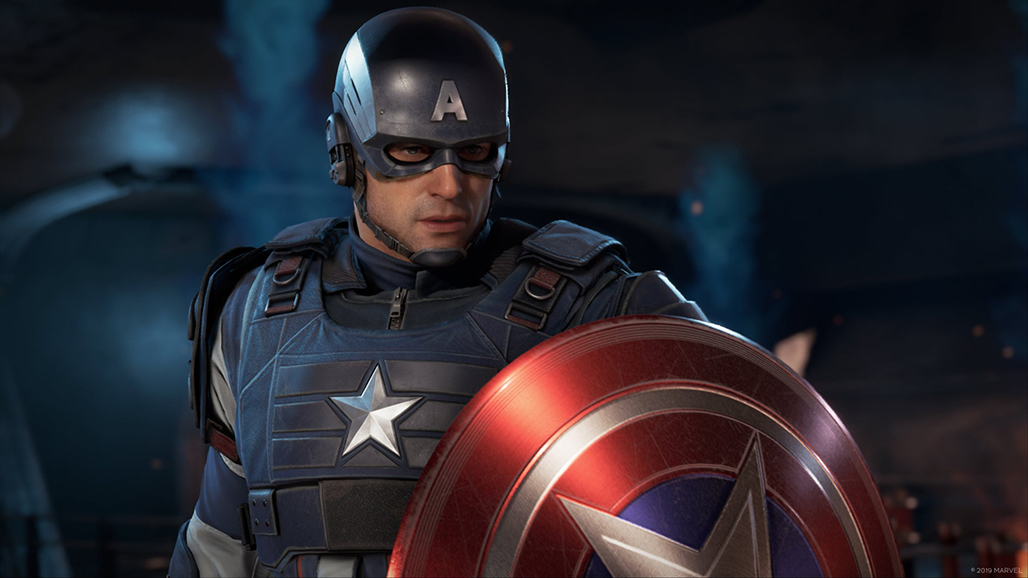
If Avengers had just been a little too cowardly to really dive into the implications of the story, I’d have let this go already. Instead, they had to pull Kamala into all this. Unlike the portrayals of the other Marvel characters in Avengers, Crystal Dynamics absolutely made a slam dunk with their take on the current Ms. Marvel. Like her comic counterpart, Kamala is a tried and true Marvel fangirl, in every sense of that word. Not only does this fandom inspire her heroic spirit, but in-game, it’s what puts her in the situation to gain her powers in the first place. As both the protagonist and as the force behind the reunion of the team, Kamala is constantly put in a situation where she has to appeal to each hero’s conscience and convince them to join the fight, but while she’s a believer in the idea that these heroes mean more to the world than some catchphrases and spectacle, Avengers as a game just isn’t.
The thing is, I also believe that these characters are more than just action poses and catchphrases. The Marvel suite of characters have always appealed to me because their strengths often come from confronting their own failures and faults. Like Kamala, I look to these characters and their stories for inspiration, because even if they’re not perfect, finding the will to get up and be better for the sake of everyone else is an evergreen lesson. Crystal Dynamics’ Avengers team doesn’t do that – they fight to clear their names, to restore their reputations, to rebuild their brand. Once Captain America reappears to relieve them of what they feel most guilty about, little else matters. They’re never forced to address what their actions – and absence – caused, even when MODOK throws it in their faces. They’re the heroes, the good guys, and they don’t care if you agree.
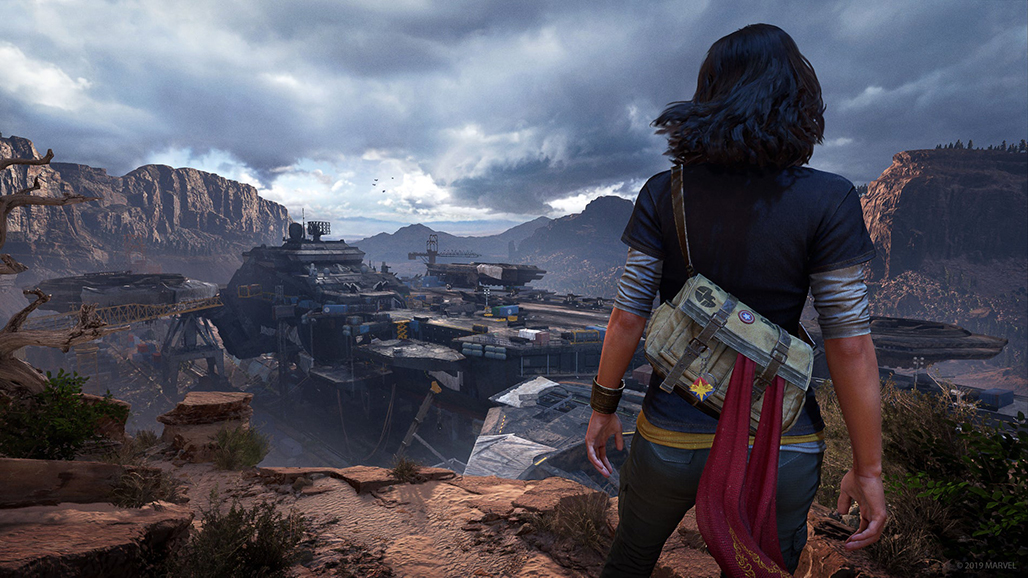
This turns Kamala into nothing more than a sycophant for the Avengers. She never really questions them and instead chooses to play into fangirl stereotypes, geeking out over every aspect of the adventure and squealing when she sees the more personal side of the team. She’s adorable, but she should be showing the Avengers what they could be – even if that means breaking the illusion for her personally.
Even after the credits roll, Avengers isn’t done telling its story, though you wouldn’t really guess that just by looking. While the team isn’t fully restored to their former glory, most of the multiplayer content is still about feeding into that idea of image rehabilitation. The Avengers and the player spend the multiplayer getting stronger gear, unlocking fancier stunts, wearing better-looking costumes, and spending money whenever possible in the interest of looking cool for the camera. Plenty of people have talked at length about the game’s monetization and gameplay loop so I don’t want to belabor the point, but it is extremely telling that the selling out applies beyond the narrative.





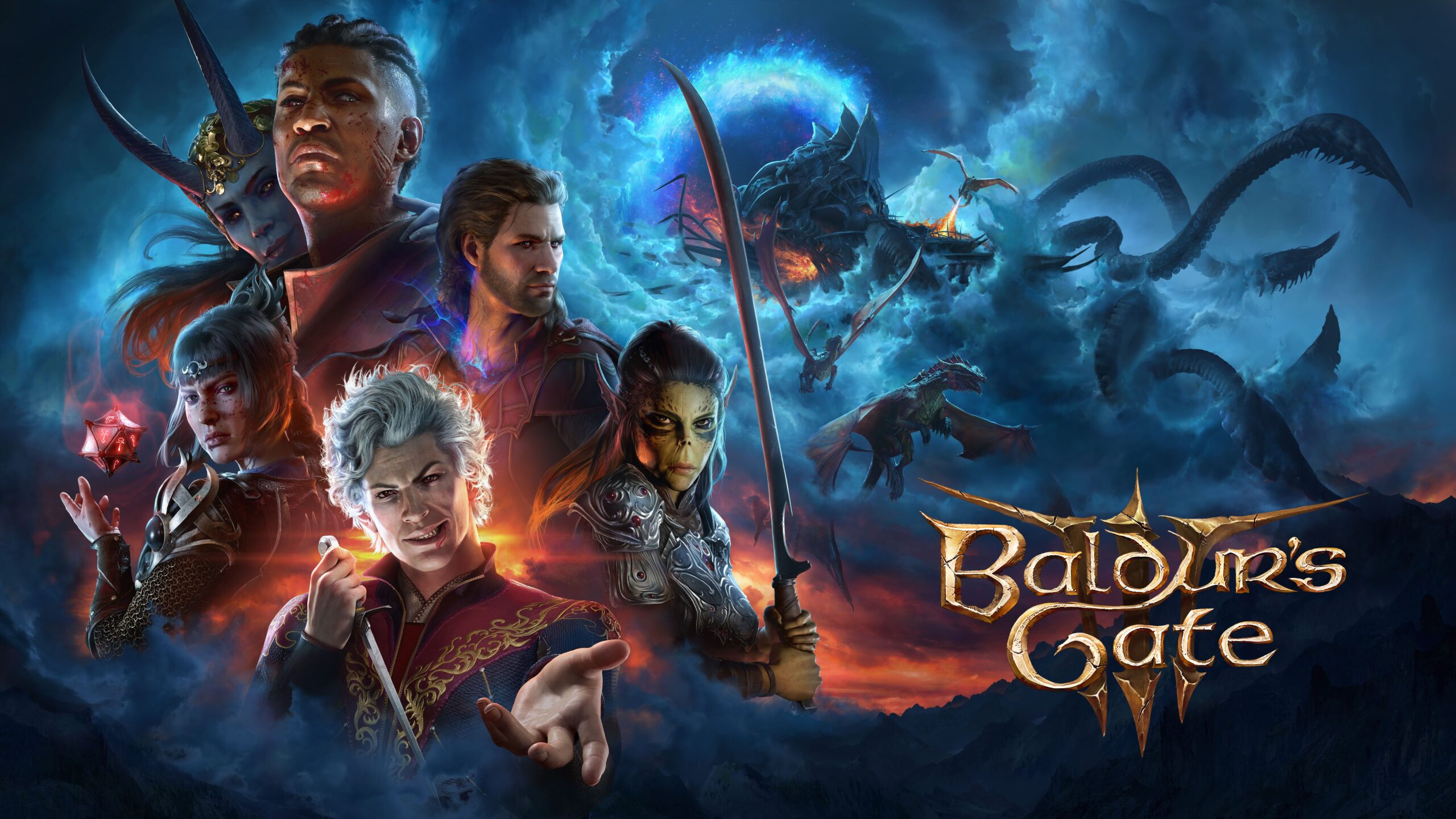
1 thought on “Marvel’s Avengers: Holding Out For a Hero”